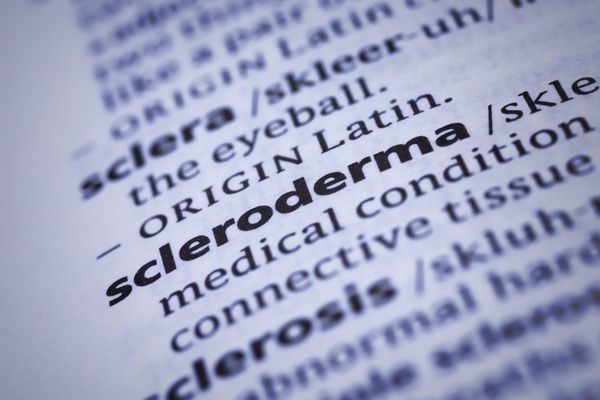Q:
What causes scleroderma?
A:
We do not know what causes scleroderma, but some early research suggests the involvement of both environmental and genetic factors. It appears likely that some people are genetically predisposed to scleroderma. And some research shows that certain environmental factors or combinations of factors—exposure to certain chemicals, for example—may play a role in triggering the disease.
Though scleroderma affects members of all ethnic groups, researchers have found a high prevalence of the disease in Oklahoma Choctaw Native Americans. Additionally, African-American women seem to be more seriously affected when they get the disease. These facts reinforce the notion that there are chromosomal factors at work. Although scleroderma can run in families, in most cases it occurs in people who do not have a close relative with the disease. And scleroderma is not contagious.
Occupational exposure to silica dust (not silicone) has been linked to a scleroderma-like disease, particularly in men. Other substances linked to the development of scleroderma include paint thinners and certain chemotherapy drugs.
Scleroderma, like other autoimmune diseases, develops when the immune system turns its infection-fighting weapons including antibodies against the body's own healthy tissues. In scleroderma, the body produces specific autoantibodies. Blood tests for these antibodies are useful in defining the seriousness of the disease, although they are not present in all patients.
Researchers have discovered autoantibodies in scleroderma patients that are not seen in other autoimmune diseases. Learning how and why these antibodies form will lead to better understanding of the mechanisms that underlie this disorder.
Read more:
What is scleroderma?
How is scleroderma diagnosed?
How is scleroderma treated?
What special precautions do I need to take if I have scleroderma and want to have a baby?
How can I prevent scleroderma?







